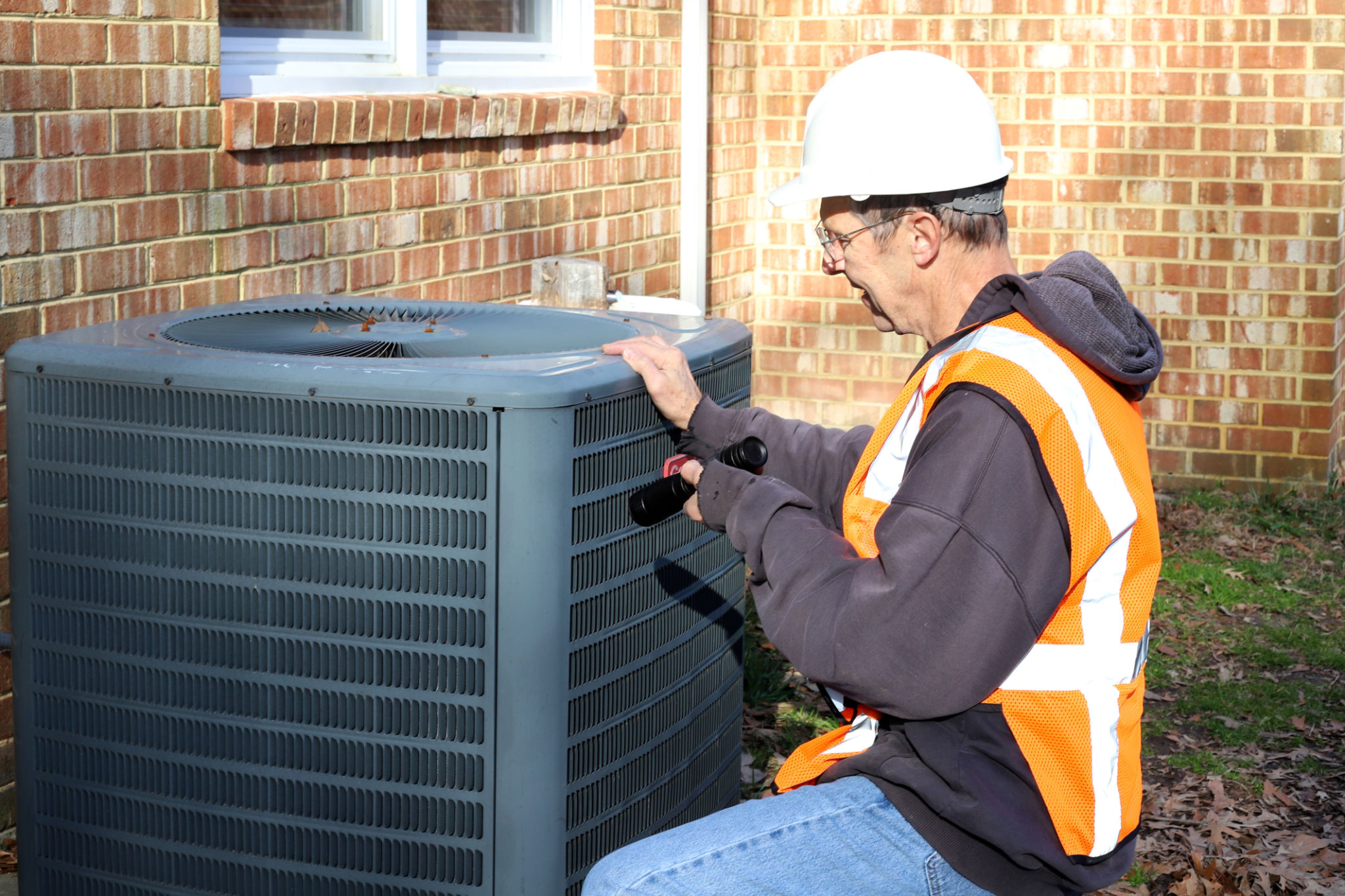The Ultimate Guide to Maintaining Your AC for Peak Performance
Understanding the Importance of AC Maintenance
Air conditioning systems are essential for maintaining comfort in our homes and workplaces, especially during the hot summer months. However, to ensure your AC unit functions efficiently and effectively, regular maintenance is crucial. Without proper upkeep, your air conditioner can lose about 5% of its original efficiency each year, leading to higher energy bills and a less comfortable indoor environment.
Routine maintenance not only extends the lifespan of your AC but also helps in identifying potential issues before they become costly repairs. By investing a little time and effort into maintaining your AC system, you can enjoy optimal performance and energy savings.

Regular Cleaning and Filter Replacement
Why Cleanliness Matters
One of the simplest yet most effective ways to maintain your AC is by keeping it clean. Dirt and debris can accumulate in various parts of the unit, reducing efficiency and potentially causing damage. Regular cleaning helps prevent these issues and ensures your AC operates smoothly.
Changing the Filters
AC filters trap dust, pollen, and other airborne particles, maintaining indoor air quality. Over time, these filters can become clogged, restricting airflow and forcing the system to work harder. It’s recommended to check your filters every month and replace them every 1-3 months, depending on usage and filter type. A clean filter can lower your AC’s energy consumption by 5-15%.

Inspecting the Condenser Unit
The Role of the Condenser
The condenser unit, usually located outside, is a critical component of your air conditioning system. It releases the heat absorbed from your home to the outside air. Keeping this unit clear of debris is essential for maintaining its efficiency. Leaves, dirt, and grass clippings can obstruct airflow, causing the unit to overheat or malfunction.
Steps for Inspection
Begin by turning off the power to the unit. Remove any debris around the condenser, and use a garden hose to gently wash off any dirt on the fins. Be careful not to bend them. Regularly inspect the condenser for any signs of wear or damage, and consult a professional if you notice anything unusual.

Checking Refrigerant Levels
Refrigerant is vital for your AC’s cooling performance. Low refrigerant levels often indicate a leak or other problem within the system. Running an AC with insufficient refrigerant can lead to decreased efficiency and possible damage to the compressor. It’s best to have a licensed technician check refrigerant levels annually as part of routine maintenance.
Ensuring Proper Thermostat Functionality
Your thermostat acts as the brain of your AC system, regulating temperature and ensuring comfort. To maintain peak performance, ensure that your thermostat is operating correctly. Consider upgrading to a programmable or smart thermostat for better control over energy use and more precise temperature management.

Professional Maintenance and Tune-Ups
While many maintenance tasks can be performed by homeowners, some require professional expertise. Annual tune-ups by a certified HVAC technician can help identify potential issues early and keep your system running efficiently. During a professional maintenance visit, technicians will typically check electrical connections, measure voltage and current on motors, lubricate moving parts, and inspect the overall system.
By following these guidelines and scheduling regular maintenance checks, you can ensure that your air conditioning system operates at peak performance throughout its lifespan. Not only will this provide you with a comfortable living environment, but it will also contribute to significant energy savings over time.
